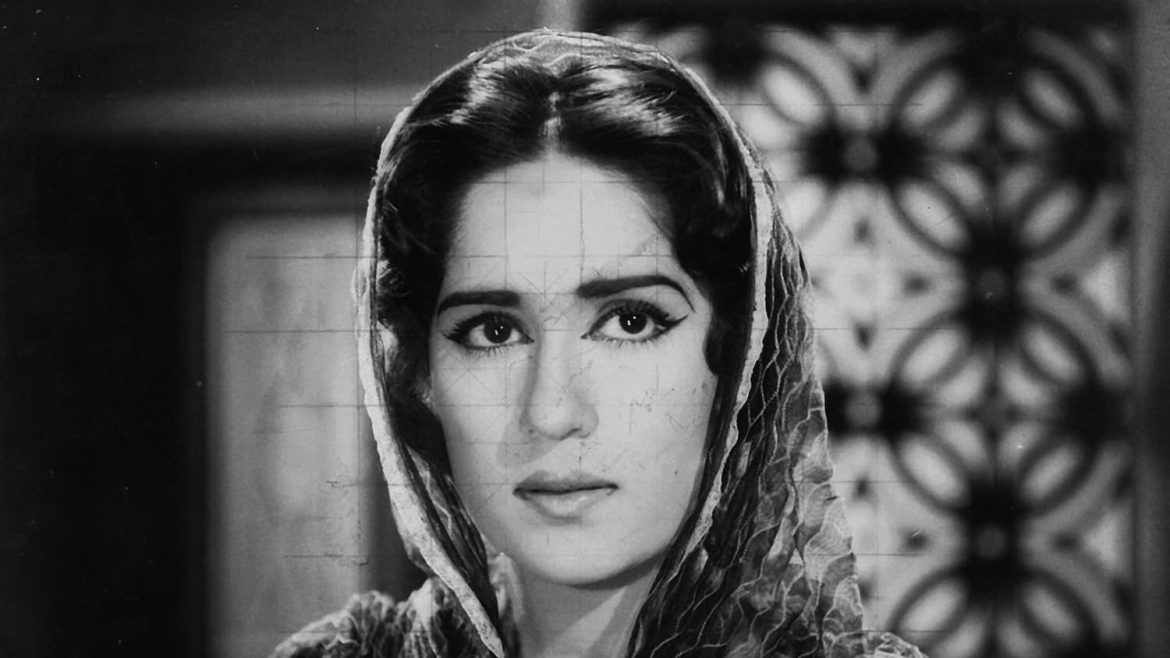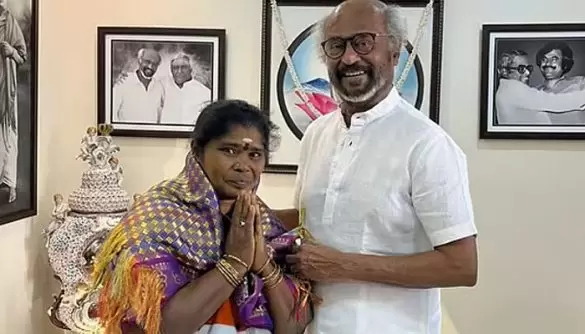A Legend of the Golden Age of Pakistani Cinema
Lahore – It has been nine years since the legendary Pakistani actress and director Shamim Ara passed away, but her legacy continues to shine brightly in the hearts of film lovers across the country. Often referred to as the “princess of the silver screen,” Shamim Ara was a prominent figure during the golden era of Pakistani cinema, leaving an indelible mark on the industry through her grace, talent, and pioneering spirit.
Born in 1938 in Aligarh, British India, Shamim Ara’s real name was Putli Bai. However, as she entered the film industry, she adopted the name Shamim Ara – a name that would soon become synonymous with elegance and powerful performances on screen.
A Humble Beginning with “Kunwari Bewa”
Her career began in 1956 with the film Kunwari Bewa, which did not achieve significant box office success. Still, her innocent face and expressive charm caught the attention of both audiences and filmmakers. It didn’t take long for her to establish herself as one of the most beloved actresses of her time.
Her breakthrough came in 1960 with the film Saheli, where her performance earned her widespread acclaim and a Nigar Award, one of Pakistan’s most prestigious film honors.
Over 80 Films and an Unforgettable Screen Presence
Over the span of her illustrious career, Shamim Ara starred in over 80 films, many of which are now considered classics of Pakistani cinema. Some of her most iconic roles include appearances in:
-
Deewdas
-
Anarkali
-
Naila
-
Chingari
-
Doraaha
-
Saaiqa
-
Lakhon Mein Aik
Her on-screen pairing with Waheed Murad, another titan of Pakistani cinema, was particularly popular. Together, they captivated audiences with their chemistry and dramatic performances.
One of the most memorable cinematic moments of her career was the film adaptation of Faiz Ahmed Faiz’s iconic poem Mujh Se Pehli Si Mohabbat Mere Mehboob Na Maang, featured in the film Qaidi – a sequence still revered by fans and critics alike.
A Personal Life Marked by Ups and Downs
Despite her professional success, Shamim Ara’s personal life was marked by challenges. Her first marriage to Sardar Rind ended with his death. Two subsequent marriages also failed, but her fourth marriage to scriptwriter Dabeer-ul-Hasan proved to be a lasting and supportive partnership.
From Actress to Pioneering Director
After acting in her final film Tees Maar Khan in 1989, Shamim Ara transitioned to directing – a field where few women in Pakistani cinema had previously ventured. She directed several films in the late 80s and 90s, including:
-
Jiyo Aur Jeenay Do
-
Playboy
-
Miss Hong Kong
-
Miss Colombo
For this, she is widely credited as Pakistan’s first successful female film director – a title that not only cemented her status as a versatile artist but also as a pioneer for women in the industry.
Celebrating a Trailblazing Legacy
Shamim Ara’s contributions to Pakistani cinema were acknowledged with six Nigar Awards for acting and three awards for her work as a director. Her body of work reflects a commitment to quality and innovation, helping shape the identity of Pakistani films for generations to come.
She passed away on August 5, 2016, in London after a long illness, but her art continues to inspire aspiring actors and filmmakers across the region.
A Lasting Inspiration
More than just an actress, Shamim Ara was a symbol of resilience, grace, and trailblazing ambition. Her legacy, both as an iconic leading lady and as a pioneering female director, is deeply etched in the history of Pakistani cinema.
As Pakistan remembers her nine years after her death, Shamim Ara’s films, roles, and contributions remain a guiding light for the country’s creative generations.
For Urdu Coverage: Visit New Alert Urdu















